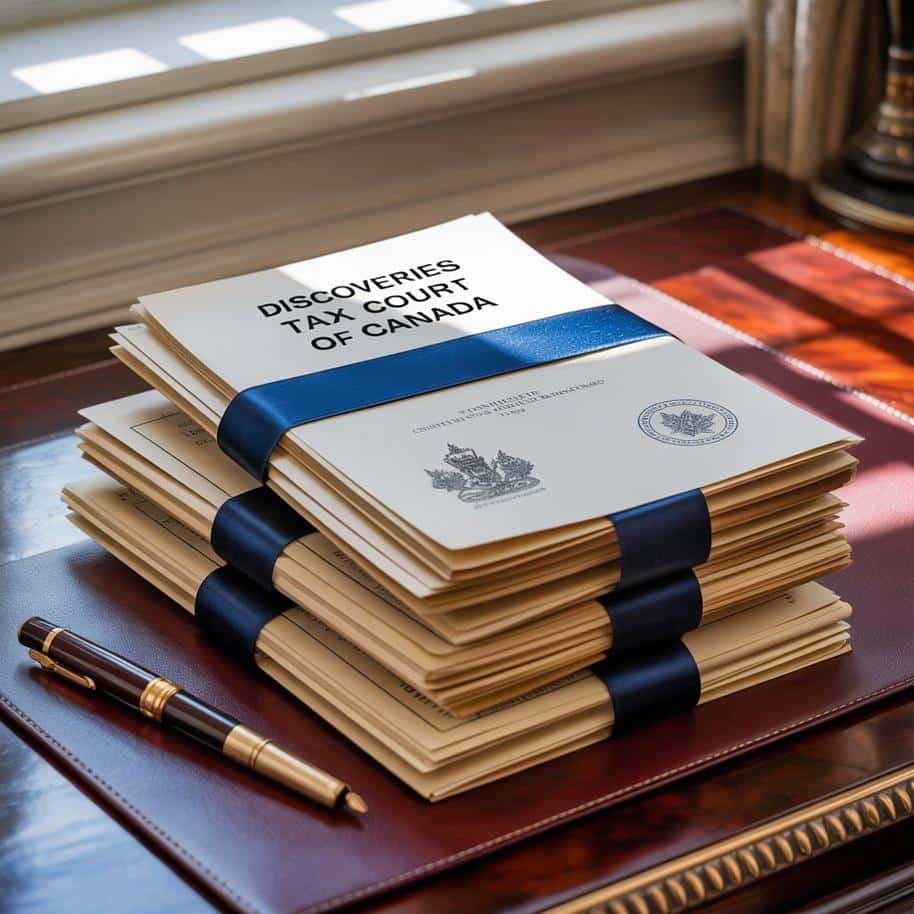Introduction – Limit on Losses from Shares Held as Capital Property Subsection 112(3) of the Income Tax Act is a stop-loss rule that limits losses from the disposition of shares held as capital property. This provision applies when a taxpayer disposes of a share that has paid a dividend...
Canadian tax evasion may lead to imprisonment of up to 2 years The Canada Revenue Agency (CRA) operates a dedicated unit known as the Criminal Investigations Program. This division is responsible for investigating tax fraud, tax evasion, and other tax-related offences. When appropriate, it refers tax evasion cases to...
Introduction: Tax Litigation & Examination for Discovery The Tax Court of Canada, established in 1983 under the Tax Court of Canada Act, serves as a federal court that adjudicates disputes arising from tax matters between individuals or companies and the Canada Revenue Agency. The court’s jurisdiction primarily encompasses appeals...
In April 2025, the Federal Court of Appeal delivered its judgment on Total Energy Services Inc. v HMK, 2025 FCA 77, upholding the decision of the Tax Court of Canada in 2024 TCC 12 in February 2024. This case affirms the application of the general anti-avoidance rule (GAAR) under...
What is EFILE, and which accounting firms, accountants are eligible to participate? EFILE is an electronic service that allows tax preparation service providers in Canada to file their clients’ tax returns with the Canada Revenue Agency (CRA) directly from their tax preparation software. To participate in the EFILE program, the...
Introduction: Canadian Tax Treatment of Foreign Pension Plans and Income from Foreign Pension Plans is Complex and Fact-Specific The 2021 Canadian Census revealed that nearly a quarter of the Canadian population consisted of immigrants, which represents the eighth-largest immigrant population in the world. In 2022, Canada’s population grew by...
Introduction Caring for a loved one with a disability or chronic illness is often a labour of love, but it often comes with significant financial strain on top of the emotional burden. From preparing specialized meals to arranging therapy or hiring help, caregivers frequently shoulder costs that add up...
In March 2025, the Federal Court of Appeal delivered the judgment on the appeal of a decision of the Tax Court of Canada concerning a taxpayer’s tax liability derived from the tax debts of her late husband, pursuant to subsection 160(1) of the Income Tax Act. Background – Derivative...
Introduction: A Canadian Employer Has Specific Tax and Reporting Obligations Since the COVID-19 Pandemic, the shift to remote work has transformed the employment landscape in Canada. It is estimated that about 40% of Canadians either work completely remotely or follow a hybrid arrangement. Many Canadians have also expressed that...
Introduction – A sound plan with a flawed execution In January 2025, the Ontario Court of Appeal ruled on the case of Pyxis Real Estate Equities Inc. v. Attorney General of Canada, 2025 ONCA 65, effectively overturning the decision of the Ontario Superior Court of Justice in 2024 ONSC...










